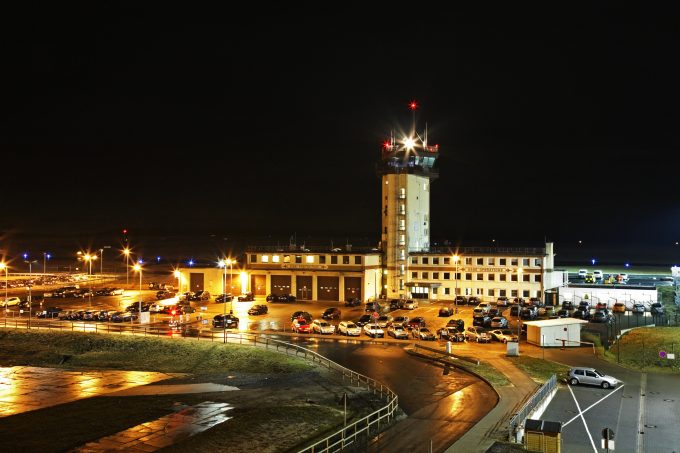Amazon: 2023 letter to shareholders
Published today, 11 April, the full letter can be downloaded here.

“Opportunistic and experimental” Amazon is reportedly in talks with loss-making airport Frankfurt-Hahn, which is for sale.
According to German newspaper Süddeutschen Zeitung, Amazon has held “sales talks” with the airport. A total of three, as yet anonymous, bidders are said to be interested.
However, according to Lloyds Loading List, all three bidders are Chinese. An airport spokeswoman downplayed the Amazon rumours, but confirmed that the airport itself was not involved in the selling process, which is being handled by its owner, the region of Rhineland-Palatinate.
Amazon plans to offer expedited one-hour delivery across several cities in Germany, with city distribution centres. CEP-Research recently reported that Amazon planned to invest €1.2m in its logistics facility at Leipzig.
Amazon has already entered the air freight market, famously signing a deal with ATSG for the operation of 20 767Fs from Wilmington Ohio. It is also set to buy an initial 9.99% stake in the aviation group at its next stockholder meeting, or by July 8, and has been granted warrants to do so by the US SEC.
The e-commerce giant is, according to industry sources, ultimately looking for a further 40 767s, many of which will need to be converted from passenger stock.
“Amazon is experimental and opportunistic,” said Brian Clancy, managing director of Logistics Strategy & Capital, at the CNS Partnership event in Nashville last week.
“It sees distressed assets it can take advantage of. And it likes to experiment. Amazon uses predictive demand and ships before an order,” he explained.
“It doesn’t want to be a last-mile deliverer, and wants to know how it all works, so it is experimenting. It is not so interested in owning aircraft unless it makes economic sense. And it has shareholders that understand. Amazon is experimental, opportunistic and definitely disruptive.”
A source close to the Wilmington operation said it was still not clear how Amazon’s investment in ATSG would affect the aviation group.
“But once it has acquired the final 10% stake, it will have a seat on the board and learn about the airfreight operation.
“Is it good for ATSG? I’m not sure yet. But it’s good for Amazon. It is buying the shares at a set price, and they have already gone up. It can make a profit already.”
Brandon Fried, head of the vUS Airforwarders’ Association, said Amazon had been forced into air freight because the industry hadn’t offered solutions.
“I think Amazon ran into an issue. It had to solve a problem that hadn’t been solved by the industry. Don’t turn your back on Amazon. I think Amazon could be a market disrupter, and we should watch it very closely. But there could also be opportunities for freight forwarders, so it’s very exciting.”
Doug Brittin, secretary general of TIACA, warned that Amazon could get bogged down in regulations if it stepped too far in to the airline industry.
“Amazon is not in haulage or aircraft operations. If it is smart, it will stay that way. Otherwise the TSA will be all over its facilities.”
E-commerce remains an opportunity for the air cargo industry.
“E-commerce has been huge and will only get bigger,” said Adam Salerno, head of global supply chain and trade facilitation for the US Chamber of Commerce. “There are 30m companies in the US – and only a small fraction export. That’s a huge opportunity.
Micro-businesses are exporting now to five or six countries – on Ebay, 90% of small businesses export. E-commerce is breaking down barriers through innovation.”
“Amazon has a history of innovation,” he added. “I see it pushing the boundaries of what’s possible.”
Comment on this article